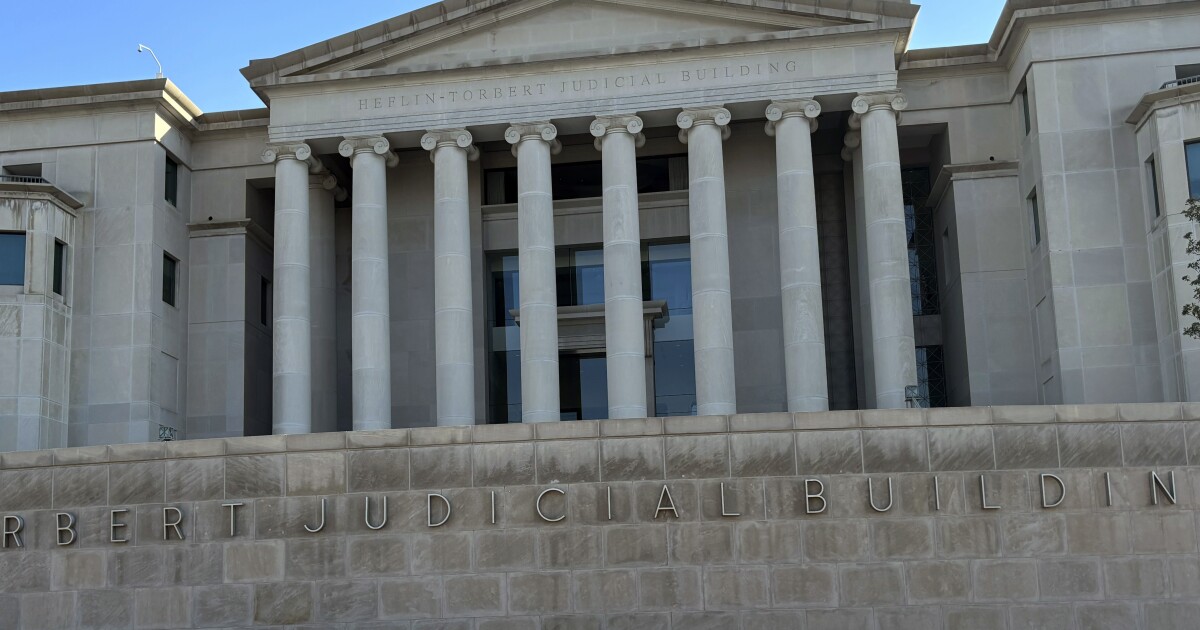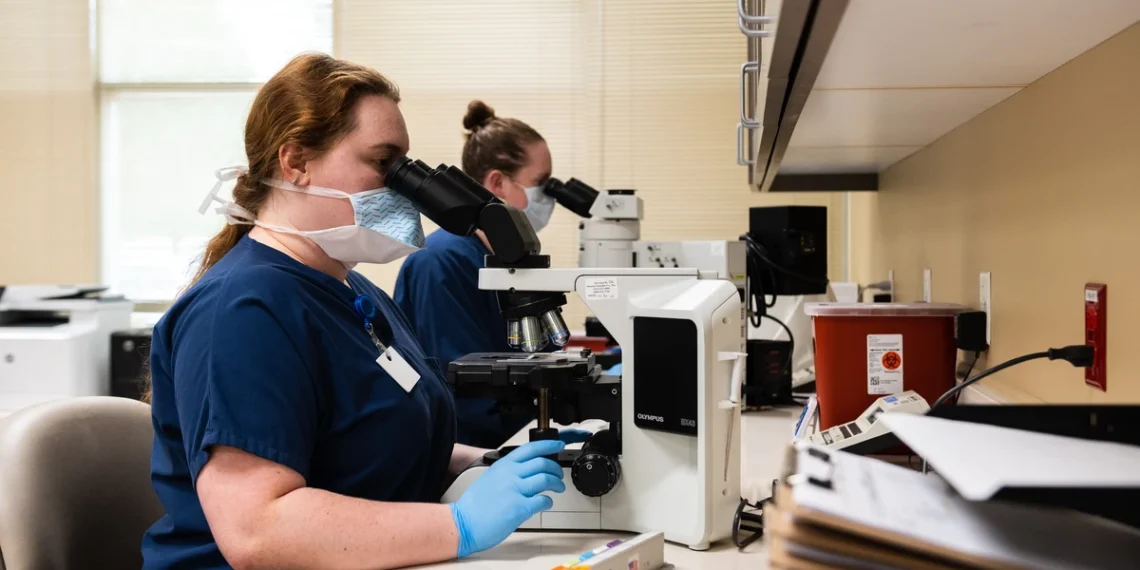Alabama’s Supreme Court has ruled that frozen embryos are legally considered children, opening the door to potential legal consequences for those who destroy them. The decision emerged from a case where three sets of parents sued a fertility clinic after their embryos were removed from cryogenic storage and destroyed.
Despite initial dismissal by a trial court, the Supreme Court reversed the decision, asserting that unborn children, even those outside the womb, are protected under the state’s Wrongful Death of a Minor law.
Critics argue that the ruling could have widespread implications, potentially affecting the availability and affordability of infertility treatments. Concerns arise over increased liability costs for fertility clinics, deterring medical providers from offering services, and imposing lifelong storage fees on parents for unused embryos.
The ruling also raises questions about individuals’ rights over their embryos, limiting options for disposal or donation.
The legal decision has sparked discussions on reproductive rights and religious freedoms. Advocates fear a ripple effect, with other states following suit to redefine embryos as persons.

Religious groups are leveraging the ruling to advance their agendas, citing it as precedent in abortion-related cases. This sets the stage for potential conflicts between reproductive rights and the sanctity of life arguments.
Amidst the legal and ethical debates, patients and medical professionals express concerns over the future of fertility care. Patients worry about restricted access and increased anxiety, while doctors fear a decline in treatment options and a chilling effect on the field.
The ruling’s broader societal impact remains uncertain, leaving stakeholders grappling with complex ethical and legal ramifications.





